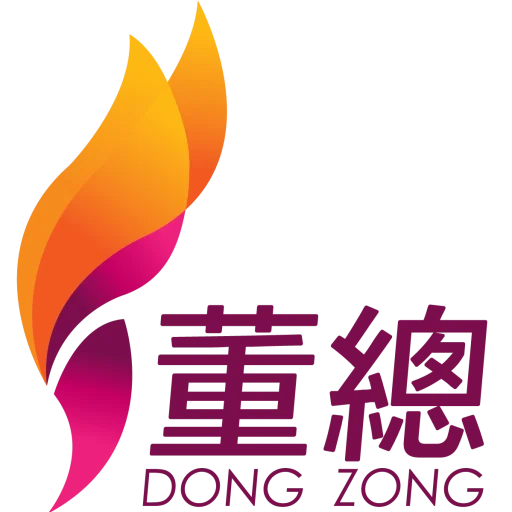Pahang Jerantut Vernacular Chinese School Development Working Committee Backed Attorney General of Malaysia to Drop the Prosecution Urged
Pahang Jerantut Vernacular Chinese School Development Working Committee Backed Attorney General of Malaysia to Drop the Prosecution Urged
Joint Statement Released by Dong Zong and Jiao Zong
February 24, 2021
Pahang Jerantut Vernacular Chinese School Development Working Committee Backed
Attorney General of Malaysia to Drop the Prosecution Urged
Dong Jiao Zong herewith expresses its support and encouragement for Pahang Jerantut Vernacular Chinese School Development Working Committee (henceforth the working committee) and urges the Attorney General of Malaysia to abort the prosecution of eight of its committee members for involvement in an unlawful assembly.
It was informed on the 20 of August 2019, the Pahang Jerantut Vernacular Chinese School Development Working Committee convened the Federal Chinese Association of Jerantut and four clan associations for a bannered picketing against the Jawi script learning implementation in vernacular Chinese primary schools in front of SJK(C) Sungai Jan, Jerantut. They were later prosecuted by the local police under Section 142 of the Penal Code for an unlawful assembly (Section 142: Whoever, being aware of facts which render any assembly an unlawful assembly, intentionally joins that assembly, or continues in it, is said to be a member of an unlawful assembly).
We understand that all Chinese communities in the country are the stakeholders of Chinese education issues and the peaceful picketing demonstrated by the mentioned working committee to voice their view was merely to practice Article 10 (Freedom of speech, assembly and association) of the Federal Constitution and Article 19 (Everyone has the right to freedom of opinion and expression; this right includes freedom to hold opinions without interference and to seek, receive and impart information and ideas through any media and regardless of frontiers) of The Universal Declaration on Human Rights (UDHR) and thus the government needs to listen rather than to prosecute them.
The president of the working committee Wu Si Yi had clearly posited they were neither against the government nor racists earlier and what they had done was based on education as a departure point. Simultaneously, we reckon Chinese education a public issue and closely related to public interest and the stance the working committee positioned was not at all the spread of incitement, discrimination or hatred speech.
We regret to see that the Perikatan Nasional government has not forwarded any economic recovery policy in these trying times under the ravage of Covid-19 pandemic but instead obsessed in the prosecution of eight members of the working committee for their peaceful picketing and it is thus viewed as a dereliction of duty and mismanagement of the government.
We cordially urge the Perikatan Nasional government to square up to democratic leeway of the general public and respect the basic human rights such as freedom of assembly and speech. We also remind the police and Attorney General of Malaysia to comply with the rights endowed to the eight members of the working committee by dropping the irrational prosecution. We likewise urge the Attorney General of Malaysia to practice Section 145 (3) of the Federal Constitution to immediately abort the prosecution towards the eight committees.

